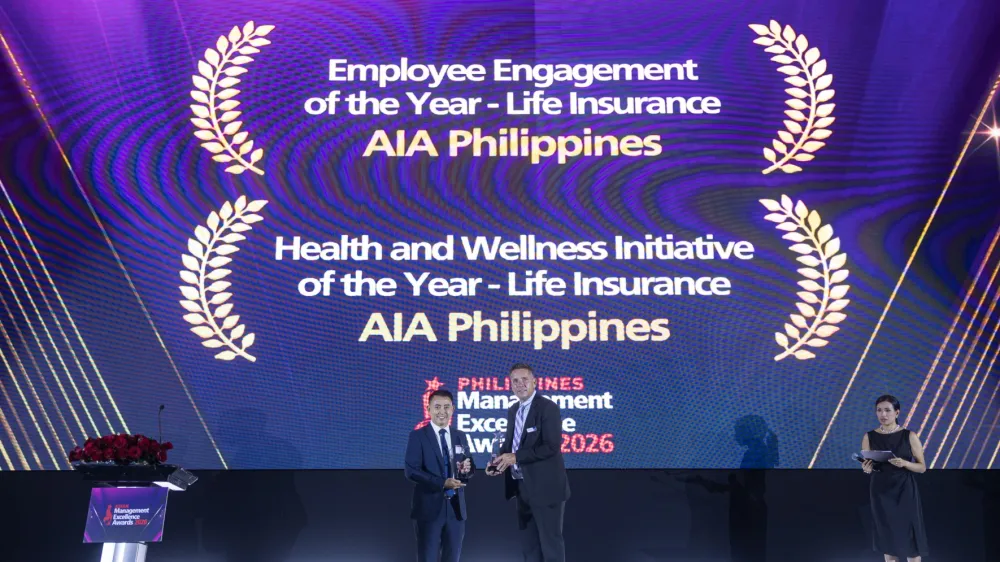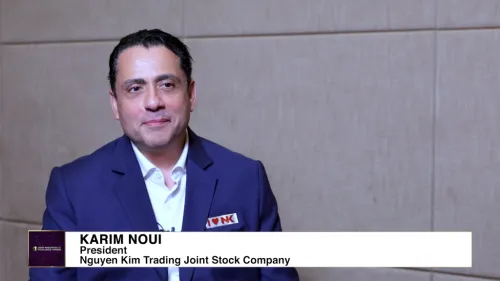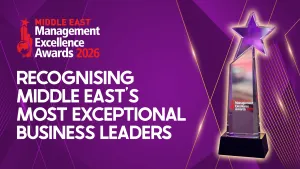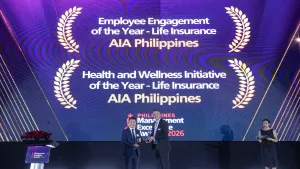
Bottom-up approach in building ESG needed to realise benefits, says RSM partner
Yau stated that taking the opposite approach will be difficult in terms of accelerating ESG culture.
Jason Yau is currently the Asia Pacific Regional Leader for RSM International and is the Head of Technology for RSM Hong Kong. He is also a US Certified Public Accountant (CPA), Chartered Global Management Accountant (CGMA), and a New York State Certified Information Technology Professional (CITP). He also sits on the SMP committee for the Hong Kong Institute of Certified Public Accountants. With 18 years of auditing and consulting experience behind him, he mainly aims to strengthen the RSM brand in Asia-Pacific and drive the company’s vision to be the adviser of choice to the middle market globally. Yau has been with the company since 2004 and was a member of the RSM US global expat team before joining its Hong Kong office in 2016.
Talking about the current consulting landscape in China, he mentioned ESG programmes as one of the main issues that needed to be focused on today. Whilst he recognises China's significant uptake of ESG investing, as well as the regulatory emphasis on ESG compliance, he believes that a lack of ESG understanding and corporate culture within Chinese companies will be a barrier.
“There needs to be a bottom-up approach within a company in terms of understanding and building ESG in order to truly realise the benefit of ESG integration. A top-down approach will drive adoption of ESG compliance but will prove to be difficult in accelerating the creation of ESG culture,” Yau said.
Yau sat down with Asian Business Review as part of the esteemed panel of judges for this year's China International Business Awards to discuss recent challenges in the consulting landscape, talent retention in the industry despite an increase in demand, and how ESG measures affect the industry.
What have been some of the challenges you have encountered in your consulting experience in recent years? How were you able to help companies address their concerns?
Our corporate clients have been largely challenged by global economic and geopolitical factors in the last few years, including but not limited to the US-China trade tension, Brexit, and the Russia-Ukraine conflict. These events have added to the uncertainty and require more agility from corporations in responding to the latest “black swan” in the market. We have been very successful in assisting our clients with their digital transformation needs, in particular with the global middle market companies, as they need to be extremely agile and swift to respond to customer and market needs. Our solutions and advice are recommended with time sensitivity in mind, so our customers can realise the benefits in a relatively short time frame.
Amongst the biggest issues in the consulting landscape currently is the retention of top talents, especially with the uptick in demand for such services. What can firms do to retain talent in an unpredictable environment?
Talent retention is certainly at the top of the agenda of every consulting firm’s internal meeting. Our employees are just as important as our clients. Firms must pay attention to what talents seek other than a paycheck. Topics such as digital, ESG, corporate responsibility, and diversity and inclusion are some of the key topics employees would like to get involved in, regardless of their business or departmental functions. Talented people want to work for firms whose corporate values align with their ambitions, beliefs, and concerns. Without top talent, we will not be able to provide outstanding services and assist our clients with their goals.
Businesses across the globe are now in the spotlight due to the need to commit to a more sustainable future. How do you think businesses in China can incorporate sustainability or ESG programmes into their operations? What will be some obstacles in this undertaking?
China has come a long way in terms of incorporating sustainability and ESG programmes into its operations after being the “world factory” for the last 40 years since the economic reform. China has seen a significant uptake of ESG investing in the last few years, and there has also been a huge emphasis on ESG compliance from a regulatory perspective. However, the lack of ESG understanding and corporate culture within Chinese companies will pose some obstacles. There needs to be a bottom-up approach within a company in terms of understanding and building ESG in order to truly realise the benefits of ESG integration. A top-down approach will drive ESG compliance, but it will be difficult to accelerate the development of an ESG culture.
Similarly, how does the need to comply with ESG measures impact the consulting industry? Is there anything to watch out for?
In China, recent guidance for enterprise disclosure standards on ESG has been issued. The guideline was published by the China Enterprise Reform and Development Society in June 2022, with the purpose of establishing uniform disclosure practices that aligned with China-focused ESG priorities. Although the guidance is deemed voluntary from a disclosure perspective, it is not surprising that the content in this guidance will be seen as mandatory from a regulatory perspective.
Coming back from judging last year’s China International Business Awards, what are you expecting to see amongst this year’s entries? What qualities stand out to you?
Thank you for having me back as one of the judges for the China International Business Awards. It is certainly an honour and privilege to be part of this distinguished panel. I expect to see this year’s entries focusing on providing solutions and services to address some of the critical global issues such as ESG and corporate responsibility, in addition to digital transformation, which has been a focus area in recent years. As mentioned earlier, the agility, relevance, and speed of coming up with tailored solutions will be of great value to our customers and the business community in today’s world. I would also like to see social responsibility as part of the candidates’ corporate culture programme.


















 Advertise
Advertise







